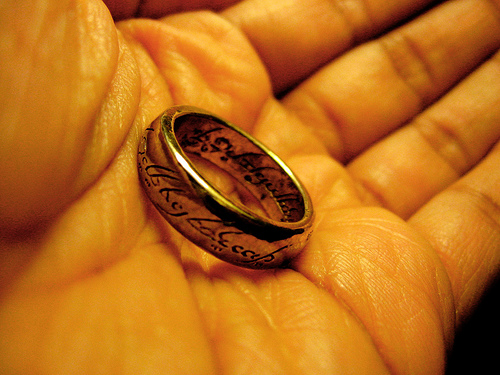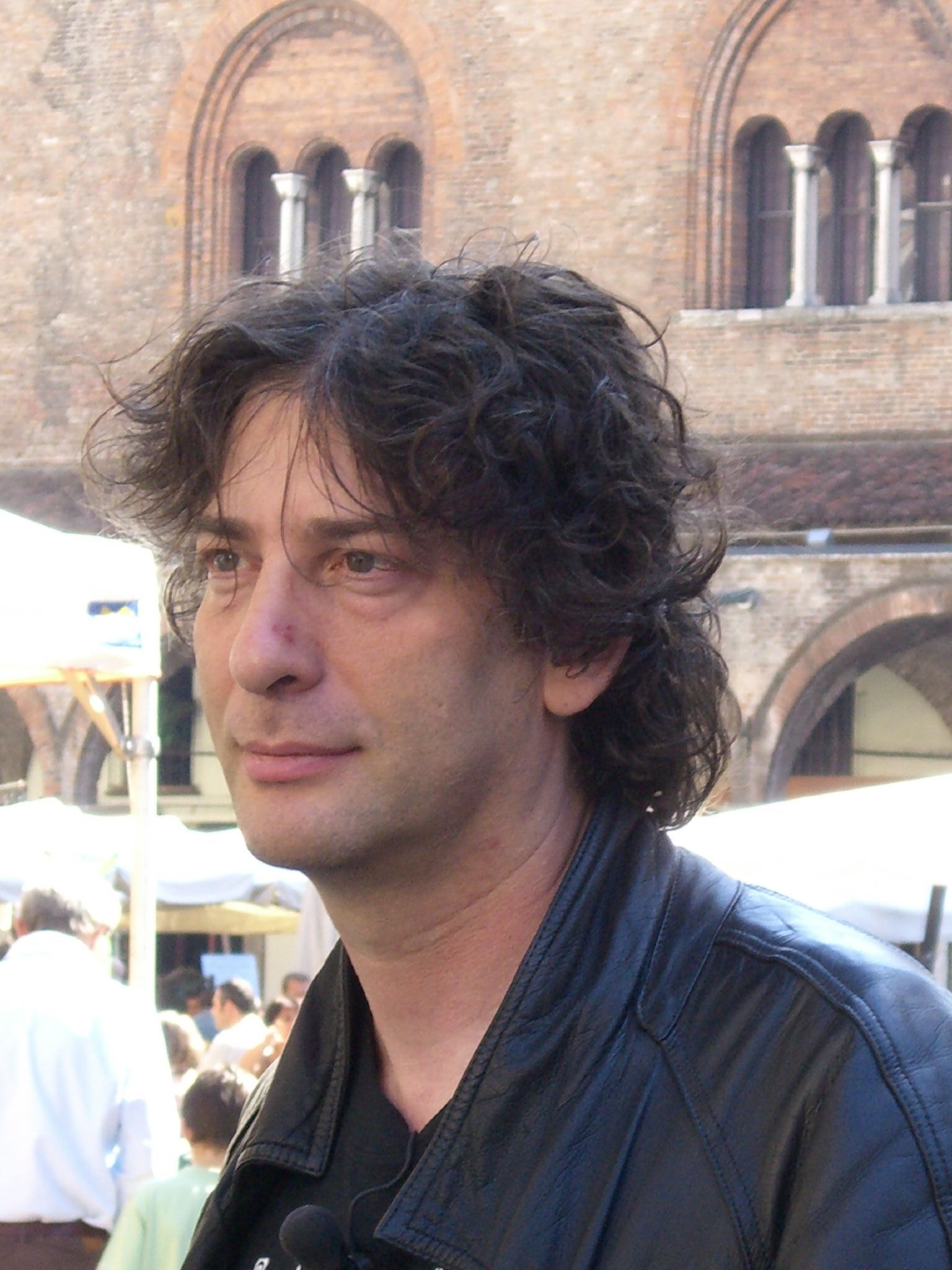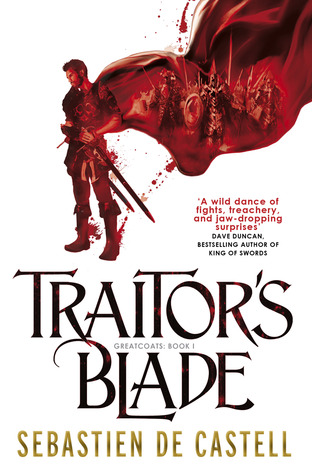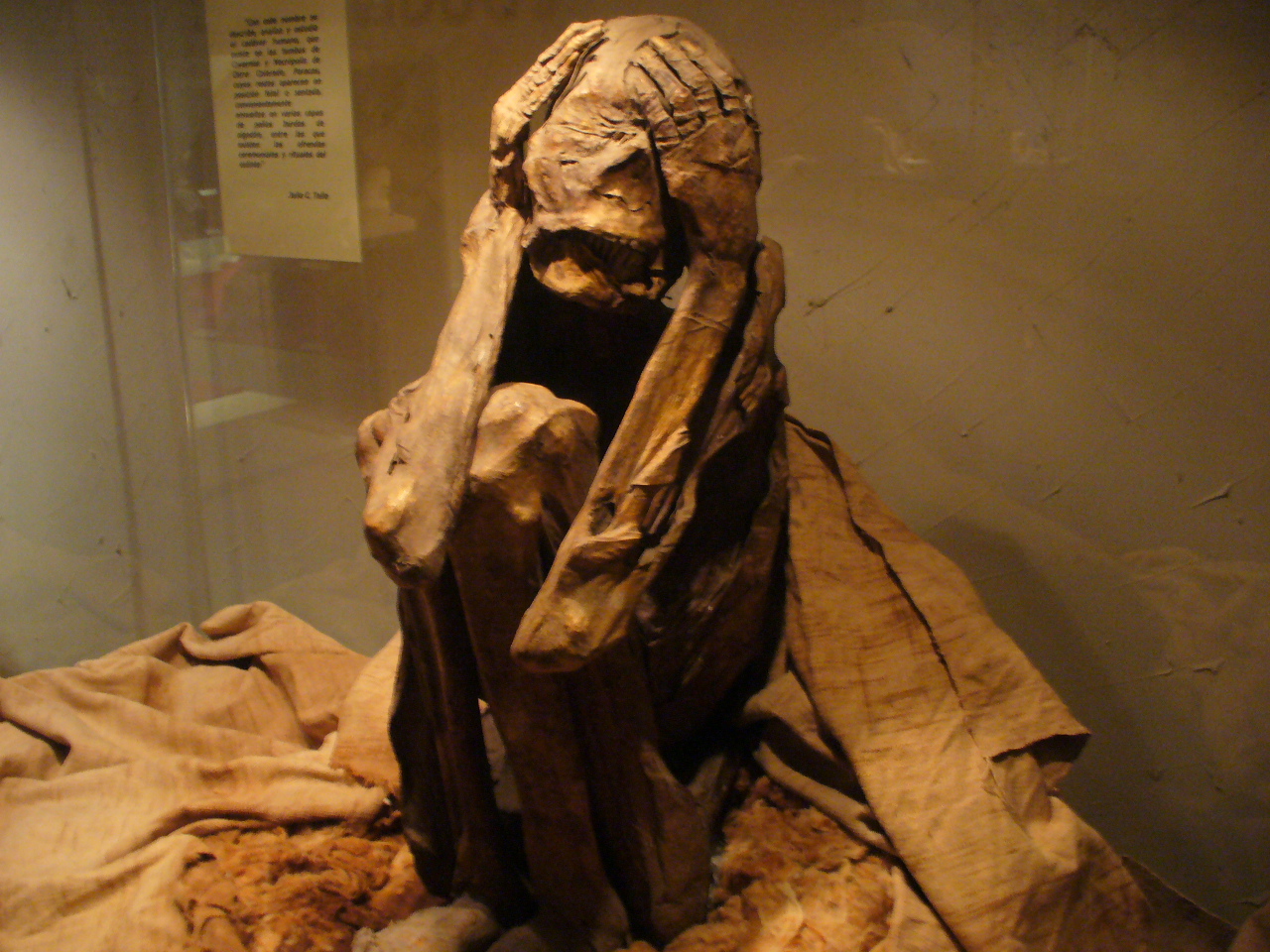Obviously there will be exceptions to every one of those rules, which are more like guidelines anyways. A show or movie adaptation can succeed despite making fairly radical changes from the books, or having little to no budget, or using a massively ambitious fantasy world/novel/series. Then again, an adaptation that sticks to the source material, has a big budget, and has a less ambitious novel from which to adapt can also still fail. Hell, some of the examples I'm going to give here will be proof of that in both ways.
It's also worth noting that I don't think each book-film adaptation needs all three of those elements to work. In fact, the second and third points are kind of a balancing act between them. If the show doesn't have that much of a budget, it can have a smaller scope.
Now, let's talk about some books and movies and books, and the adaptations where I've both read the book and seen the film adaptation and liked (to varying extents) the end result.
The Lord of the Rings: God
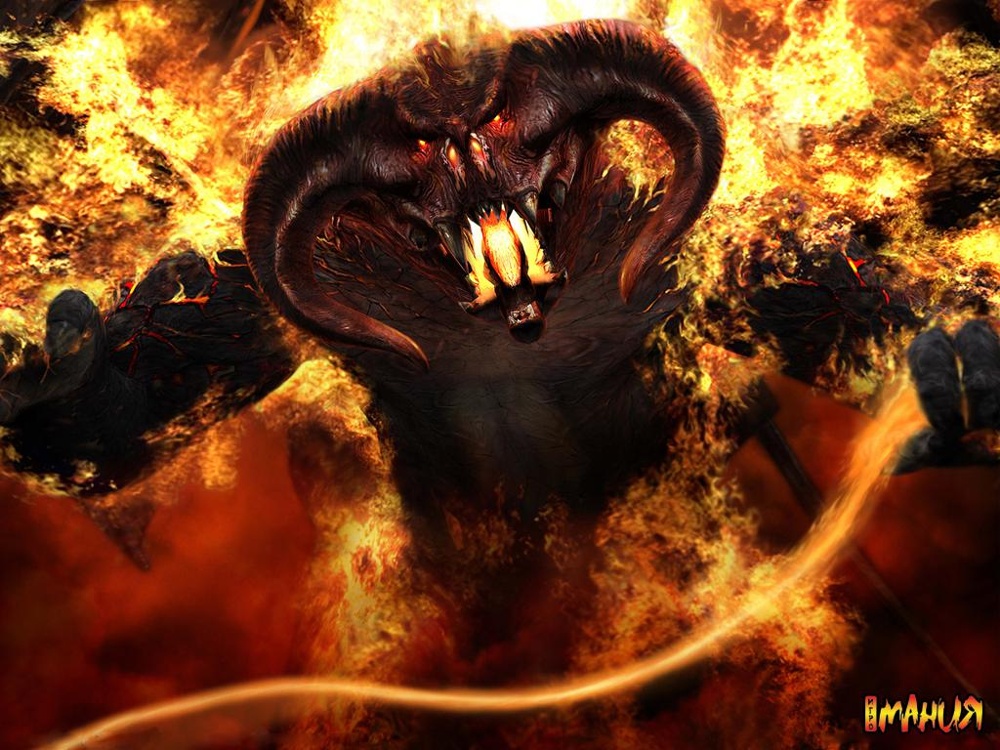 |
| graemefazakerley via deviantart |
The source material saw some pretty large changes or omissions from the books, though the largest examples of those came in the first and last book and on the outside edges of when the plot really began to get significant. First, the whole journey the Hobbits took through the forest where they met Tom Bombadil was cut out entirely. Second, the whole War of the Shire at the end of the books was also cut out. In terms of the amount of ink Tolkien spilled writing those two parts, those are two very large omissions.
However, in terms of their overall significance to the main plot of the trilogy cutting those sections out meant very little. The part with Bombadil in the books did not add much to the plot that other parts didn't also cover, but did add to the world building. The same holds true for the War of the Shire. All keeping those parts would do is either make the movies longer than they already were, or would mean other parts would have to be abbreviated or removed. World building is great and all, but of all the ways Peter Jackson could have tried to cram each book into a three-ish hour movie, those were actually two great decisions on his part. It also meant that he could remain faithful in other, more important ways so the movie still held the same heart and soul that the books did.
The budget? It was big. Which was helpful because the books were not exactly what one would call small in scope. It was a very ambitious project, and thankfully Jackson had the budget to pull it off as it deserved.
Game of Thrones: Hells Yes!
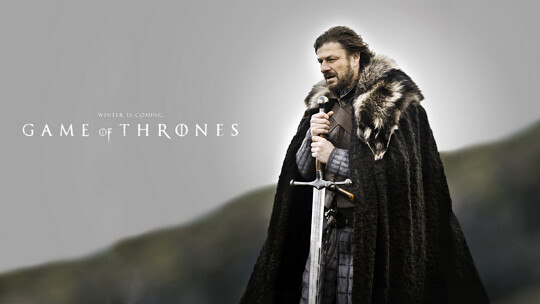 |
| mezclaconfusa via Flickr |
For all of those reasons, I think the show is better than the books. By a lot. To put that in perspective, that is the first and only time I have ever considered a TV/Movie adaptation to be better than the book(s).
Faithfulness? Remember how, above, I mentioned that Peter Jackson cut out two large parts of the books that weren't all that necessary? The show basically cut out all of the extra stuff I complain about and stick to the important parts. The show has, at least so far, kept its focus. It has also increasingly changed some things in mostly small ways, but the feel of the show still matches that from the books. Except, again, that it feels better.
Budget? Each episode of the show costs $6 million to make, and HBO keeps paying it so... yes. Scope? Each episode of the show costs $6 million to make, so... big.
Anything by Neil Gaiman Ever: Good
.jpg) |
| via wikipedia |
Seriously, the man writes fantastic fantasy books in a way few (if any) can even come close to matching, and they also are always great options for film adaptations. Stardust and Coraline have already been made into good movies, and American Gods is in production (as a show or a movie I can't remember). I've heard that Neverwhere was made into a British show but I haven't seen it to know how good it is.
Faithfulness? The feel or spirit of the books of Stardust and Coraline were both aptly maintained, even if there were some alterations and omissions here and there. Budget? Not nearly as large as some of the other movies/shows that will make this list, but because the scope of the books is also far less ambitious the budgets wound up suiting the scale.
It's a shame that for many years there hasn't been many fantasy books similar to Gaiman's, because they could make for some great adaptations.
Harry Potter: Thumbs Up
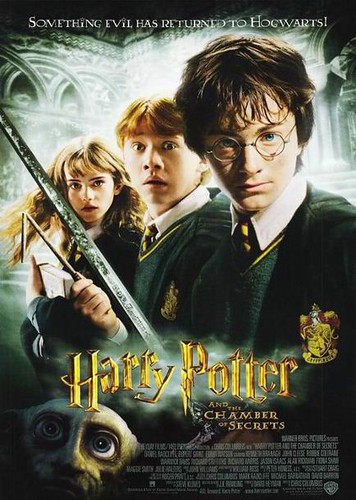 |
| Colin Zhu via Flickr |
So while I would have liked more from each movie, the direction they took wound up creating a successful adaptation. More importantly, the spirit of the books was maintained quite spectacularly.
Budget? Check. Scope? The first few books started out much smaller and got progressively larger in scale and ambition. I thought it was interesting that they seemed to try and keep the scale of the movies relative to that of the books, so the first few movies were shorter compared to the later ones just like the books were. One thing I think probably contributed to that was the relative youth and inexperience of the main actors when the movies started.
The Hobbit: Meh
 |
| via wikimedia |
Faithful to the source material? Not as much, especially as far as only what is in the actual, original book. A lot of extra source material from annotations and Tolkien's notes of what took place around the same time as the events of the book took place has been added in, in order to stretch it over three movies instead of one. A bunch of extra scenes and characters were added for... reasons, and the feel of the movies is more like that of The Lord of the Rings movies rather than a more light-hearted adventure tale for young adults that the book represented.
Overall I still like the movies (though not nearly as much as LotR) even if some of the action scenes invented reeeaaally drag on at times. Jackson really took a lot of risk adding so much new lore, scenes, characters and the overall "feel" of the movie, but it wound up better than I would have thought considering all of that.
Budget? In spades. Scope? Actually The Hobbit is far less ambitious than The Lord of the Rings was, but Jackson actually made it moreso by adding so much extra stuff. But I do think it's easier to make a film adaptation more ambitious than the source material than it is to do it the other way around.
Chronicles of Narnia: Meh 2 - Meh Harder
 |
| Calvin Dellinger via Flickr |
Faithfulness? It was a long time since I had read the books even when I saw the movie, and that was several years ago now. The impression that I still have was that it was kind of similar to The Hobbit adaptation mentioned above. It tried to make things more epic in some ways, though not nearly to the same extent. In the end, though, watching the movie felt more or less like reading the books did. To me anyways.
Budget? Not necessarily on the scale of The Lord of the Rings but still pretty damn large. Scope? The book had a similar scale to The Hobbit, while the movie tried to make it a bit bigger. Which, again, I think helped the final movie product.
